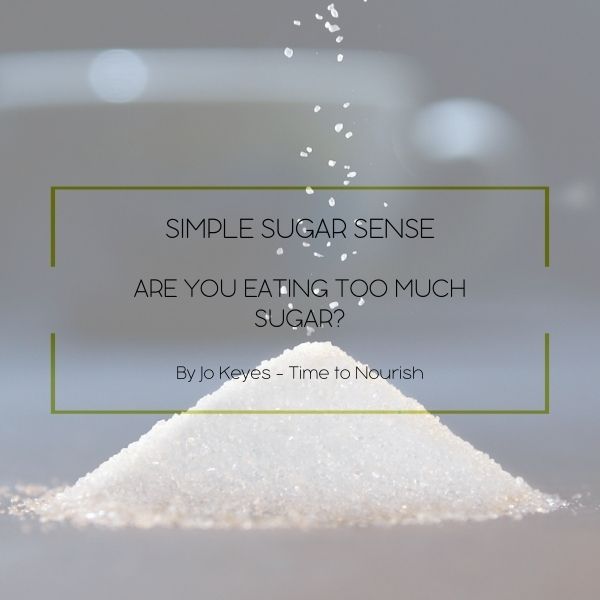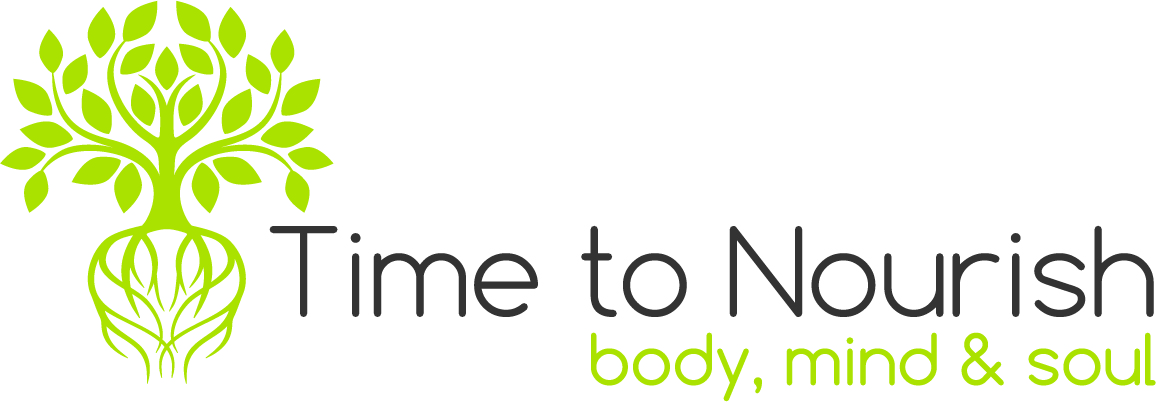
Do you know how much is too much when it comes to sugar consumption?
Do you know how much you are eating?
Processed foods are some of the worst culprits when it comes to hidden added sugars, but is it really so bad for you?
How Much is Too Much?
Official guidelines from the World Health Organisation say we should consume less than 10% of our daily calories in added sugars. For an average diet of 2000 calories this means 12tsp. HOWEVER they also recommend, to increase health benefits, halving this to less than 5% of daily calory consumption, would be best ie 25g, only 6tsp per day! The average UK adults are consuming more like16-17% of daily calories and children are reported to be averaging 13tsp of added sugar a day, more than double the recommended amount!
What effect Does it Have on You?
As well as rotting your teeth and increasing your weight, too much sugar can affect many parts of the body.
Your Brain – Excess sugar impairs both cognitive skills, concentration and memory and it can cause inflammation which, in the brain, may be the root cause of dementia.
Your Energy and Mood – After the initial burst of energy as your blood sugar levels rise, a slump will quickly follow and this is when you begin to feel lethargic and slow, less motivated and even anxious. It may also compromise your ability to process emotions, increasing feelings of depression, especially in young adults.
Your Joints – Inflammation is one of the reasons we experience joint pain. Consuming excess sugar causes changes in the body like weight gain, oxidative stress, gut permeability, and high cholesterol which are all linked to increased inflammation.
Your Skin – Again related to inflammation, excess sugar produces ‘AGEs’ (Advanced Glycation End-products). Three guesses what they can do? Yes, age your skin. They damage collagen and elastin in your skin so watch out for those wrinkles and saggy skin!
Your vital organs – Your liver, kidneys, pancreas and heart are adversely impacted by continued high sugar consumption which may lead to type 2 diabetes, heart disease, non-alcoholic liver disease etc..
Top Tips to Reduce your Sugar Consumption
- Read the labels – keep track of how much sugar you are eating by reading nutritional and ingredients labels. You may be surprised where it is hiding!
- Clean out the cupboards – swap high sugar products for a low sugar alternative. Start with snacks and look for lower sugar versions, make your own or substitute with fresh fruit and vegetables.
- Avoid processed food – substitute these for home-made or more natural products and ingredients. Soups and sauces are easy to make at home and then you are in control of the ingredients.
- Focus on Fruit – take advantage of naturally sweet fruits (and vegetables) which also give you important nutrients. Get creative and blend or puree them for sauces, spreads or compotes and use in cooking in place of the ‘white stuff’. Try cooking down some frozen blueberries with a little lemon juice for about 10-15 mins, the juices will go syrup like and make a great compote to top yoghurt or porridge.
Check in with your diet and how much added sugar you are consuming to see if you could make any changes to benefit your health.
If you would like to learn more then come and join me at my next workshop Simple Sugar Sense which is now run live and online via zoom and consists of 3 session including a:
- Nutritional talk with Q&A – 3rd or 5th November
- Recipe demonstration – 10th or 12th November
- Cook along – 17th or 19th November
- You will also receive a recipe and information booklet, all for just £50 per person. For more information and booking please click here.


